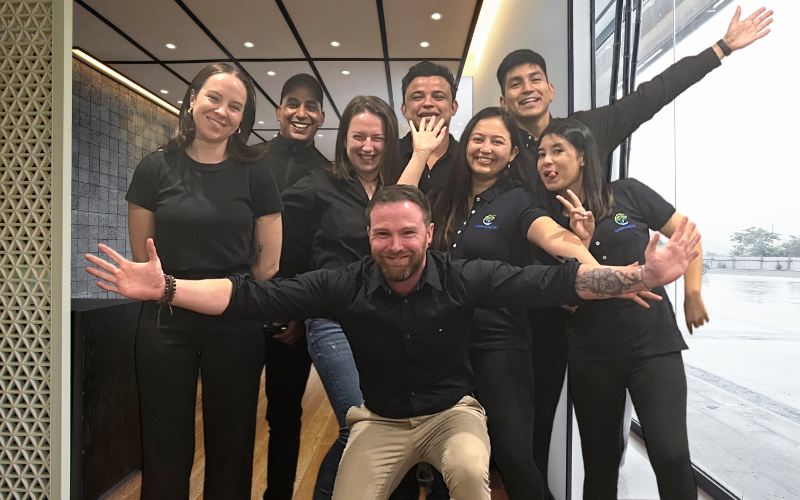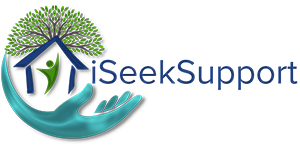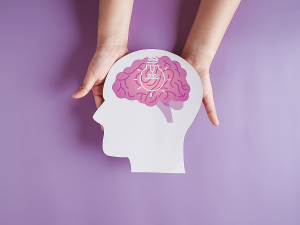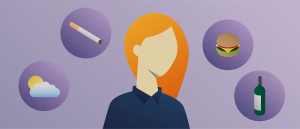Educate, Empower, Elevate: A Guide to Effective Disability Allyship

Disability allyship is an important aspect of creating an inclusive workplace and society. However, many individuals may feel unsure of where to start or how to effectively support people with disabilities. In this blog post, we will provide a guide to effective disability allyship that aims to educate, empower, and elevate people with disabilities.
1. Educate Yourself (allyship):
The first step in becoming an effective disability ally is to educate yourself. You can start by researching different types of disabilities and common misconceptions. Learn to use inclusive language and avoid making assumptions about someone’s abilities based on their disability. Attend disability awareness training or workshops to help raise your awareness and understanding of the challenges faced by people with disabilities.
2. Empower Disability Community (allyship):
Become an ally by supporting disability organizations and events. Attend or sponsor events hosted by disability-led organizations. Support businesses that employ people with disabilities or charitable organizations dedicated to helping people with disabilities. Participate in advocacy initiatives around disability rights and support policies that emphasizes disability inclusion in all areas of society. Additionally, consider hiring people with disabilities or becoming a mentor to help support their career growth.
3. Elevate Disabled Voices (allyship):
It is important to elevate the voices of people with disabilities by giving them a platform to share their experiences and perspectives. This means inviting them to join committees, boards, or panels to provide input on areas that impact them or including them in the decision-making processes. Listen to the voices of people with disabilities and consider their needs in policy creation and implementation. By elevating the voices of people with disabilities, you will help to create a more inclusive and diverse work environment.
4. Be an Influencer (allyship):
Be an example to others by modeling inclusive behavior and language. Speak out against discrimination, and call attention to microaggressions against people with disabilities. Encourage and educate others on disability allyship, encourage others to be allies and make sure you’re following inclusive practices in your personal and professional endeavors.
5. Be Patient and Kind (allyship):
Finally, always be kind to people with disabilities. Take the time to listen to their needs and respect them. It is important to remember that everyone’s story is different, so take the time to listen to their personal experiences. Don’t feel ashamed or embarrassed if you make mistakes – use them as learning opportunities. As Maya Angelou famously said, “Do the best you can until you know better. Then when you know better, do better.”
Conclusion:
Disability allyship is about creating an inclusive and accepting workplace and society for all, regardless of abilities. By educating, empowering, and elevating people with disabilities and their voices, you can become an effective ally. Start small by focusing on inclusive language and be an example to others. Encourage and educate others on disability allyship and being patient and kind to people with disabilities. Remember, we are all human beings, deserving of dignity and respect. Let us come together to create a more inclusive world!
Book a free Consultation with us today!
Mobile : 1800960068
Email : contactus@iseeksupport.au









